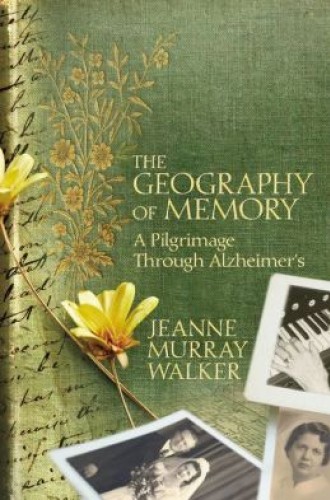Holding on and letting go
The title The Geography of Memory gives no hint of the rich content in this volume, and the subtitle A Pilgrimage Through Alzheimer’s is downright scary. Been there (both my parents had Alzheimer’s), done that (I was in charge of their care for seven challenging years), did not get the T-shirt (is there one?).
Still, I was eager to read Jeanne Murray Walker’s account of her mother’s last years. Though the aging-parent memoir has become a crowded genre now that most boomers’ parents are over 80, I suspected that Walker—a published poet, the author of plays that have actually seen footlights, and a professor of English at the University of Delaware—would see senescence through a fresh lens. I was not disappointed.
The story opens with a midnight phone call in 2008 delivering the news that Walker’s mother, Erna, has died at age 93. Walker and her husband are in Paris, and Erna is 5,000 miles away, in Dallas. Walker and her sister, Julie, had been caring for their mom for ten years.





